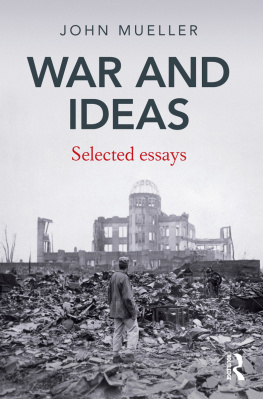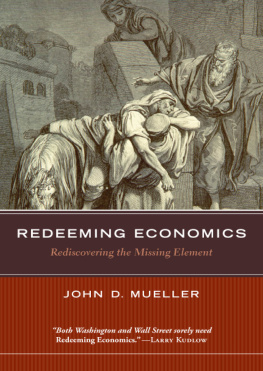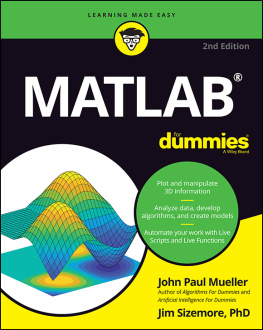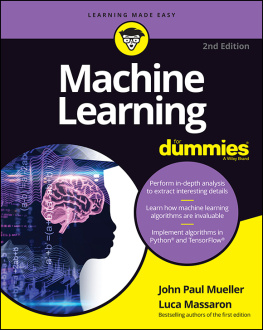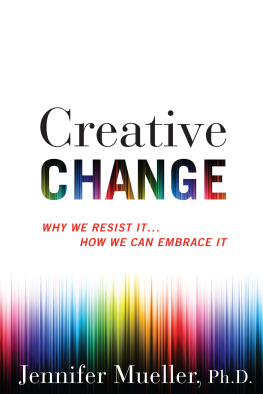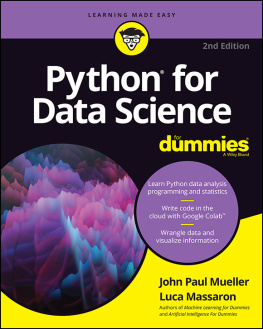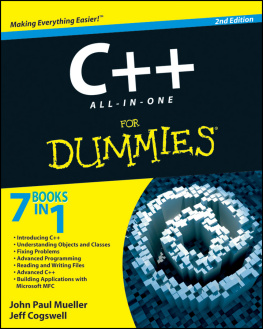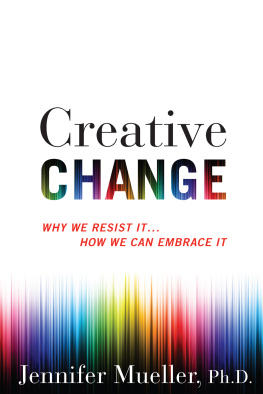War and Ideas
This book collects the key essays, together with updating notes and commentary, of Professor John Mueller on war and the role of ideas and opinions.
Mueller has maintained that war (and peace) are, in essence, merely ideas, and that war has waned as the notion that peace is a decidedly better idea has gained currency. The first part of the book extends this argument, noting that as ideas have spread, war is losing out not only in the developed world, but now in the developing one, and that even civil war is in marked decline. It also assesses and critiques theories arguing that this phenomenon is caused by the rising acceptance of democracy and/or capitalism.
The second part argues that the Cold War was at base a clash of ideas that were seen to be threatening, not of arms balances, domestic systems, geography, or international structure. It also maintains that there has been a considerable tendency to exaggerate security threatscurrently, in particular, the one presented by international terrorismand to see them in excessively military terms.
The third section deals with the role public opinion plays in foreign policy, and argues that many earlier conclusions about opinion during the Korean and Vietnam Wars, including especially ones concerning the importance of casualties in determining popular support for war, apply to more recent military ventures in the Persian Gulf, Bosnia, Iraq, and Afghanistan. It also assesses the difficulties leaders and idea entrepreneurs often encounter when they try to manage or manipulate public opinion.
This book will be of much interest to students of international relations, security studies, foreign policy and international history.
John Mueller is Professor of Political Science and holds the Woody Hayes Chair of National Security Studies, Mershon Center, Ohio State University. He is author/editor of 13 books on politics and international security.
War and Ideas
Selected essays
John Mueller
First published 2011
by Routledge
2 Park Square, Milton Park, Abingdon, Oxon OX14 4RN
Simultaneously published in the USA and Canada
by Routledge
711 Third Avenue, New York, NY 10017
Routledge is an imprint of the Taylor & Francis Group, an informa business
2011 John Mueller
The right of John Mueller to be identified as author of this work has been asserted by him in accordance with sections 77 and 78 of the Copyright, Designs and Patents Act 1988.
All rights reserved. No part of this book may be reprinted or reproduced or utilised in any form or by any electronic, mechanical, or other means, now known or hereafter invented, including photocopying and recording, or in any information storage or retrieval system, without permission in writing from the publishers.
Trademark notice: Product or corporate names may be trademarks or registered trademarks, and are used only for identification and explanation without intent to infringe.
British Library Cataloguing in Publication Data
A catalogue record for this book is available from the British Library
Library of Congress Cataloging in Publication Data
Mueller, John E.
War and ideas : selected essays / John Mueller.
p. cm.
1. Politics and war. 2. WarPublic opinion. I. Title.
JZ6385.M84 2011
355.02dc22
2010049139
ISBN: 978-0-415-78176-3 (hbk)
ISBN: 978-0-415-78177-0 (pbk)
Typeset in Times New Roman
by RefineCatch Limited, Bungay, Suffolk
Contents
PART I
War, ideas, and peace
PART II
Threat perception, ideas, and foreign policy
PART III
Public opinion, foreign policy, and war
To Judy
To Karl, Michelle, Karen, Erik, Susan, Kraig
To Timothy, Sam, Clara, Kara, Malcolm, Atticus, Lida
To Lois and Phyllis
And to the memory of Alexander Stephan
The author and publishers wish to acknowledge the following publications from which the relevant articles were taken.
: The obsolescence of major war, from 21 Bulletin of Peace Proposals 32128 (September 1990).
A summary of the argument in Retreat from Doomsday.
: Policing the remnants of war, from 40 Journal of Peace Research 50718 (September 2003).
A summary of the argument in The Remnants of War.
: War has almost ceased to exist: An assessment, from 124 Political Science Quarterly 297321 (Summer 2009).
Evaluates trends in warfare and discusses what this suggests about the theories and explanations about the causes of war (most have been wrong).
: Why isnt there more violence?, from 13 Security Studies 191203 (Spring 2004).
Looks broadly at the incidence of domestic and international violence, concluding that it has been far less common than usually assumed with implications about the state of nature and about the condition of international anarchy.
: What was the Cold War about? Evidence from its ending, from 119 Political Science Quarterly 60931 (Winter 200405).
Argues that the Cold War was entirely about a clash of ideas or ideologies, not about weapons, power, the Soviet domination of Eastern Europe, or Communism per se.
: Simplicity and spook: Terrorism and the dynamics of threat exaggeration, from 6 International Studies Perspectives 15573 (May 2005).
Considers a variety of perceived national security threats since World War II and concludes that they have been consistently and often destructively inflated.
: Faulty correlation, foolish consistency, and fatal consequence: Democracy, peace, and theory in the Middle East, in Steven W. Hook (ed.), Democratic Peace in Theory and Practice (Kent, OH: Kent State University Press, 2010). Some corrections to the original have been made.
Assesses democratic peace theory and its questionable validity and its even more questionable application to policy in the Mideast and Iraq War.
: American foreign policy and public opinion in a new era: Eleven propositions, in Barbara Norrander and Clyde Wilcox (eds), Understanding Public Opinion, 2nd edn (Washington, DC: CQ Press, 2002), pp. 14972.
Investigates the relevance of, and the ups and downs of, foreign policy ideas and concerns that have captured the American publics attention since 1945.
: The Iraq War and the management of American public opinion, in James Pfiffner and Mark Phythian (eds), Intelligence and National Security Policy Making in Iraq: British and American perspectives (Manchester, UK: Manchester University Press, 2008), pp. 12648.
Evaluates the American publics opinion on the Iraq War and compares the patterns to earlier ones, particularly for the Korean and Vietnam wars.
Marketing mousetraps
Build a better mousetrap, Ralph Waldo Emerson supposedly once said, and the world will beat a path to your door. Since the modern mousetrap wasnt really invented until several years after his death, the statement has understandably been presumed to be apocryphal. However, Emerson did say something similar about building better chairs or crucibles or church organs, so whoever manipulated his wording got his essential meaning right.
The implication of the homely homily, however, is savagely mistaken: that all you have to do is create a better product and people will eagerly snap it up without further effort on your part. In fact, according to John Lienhard, there have been well over 4,400 patents issued for mousetraps in the United States and, although at least


